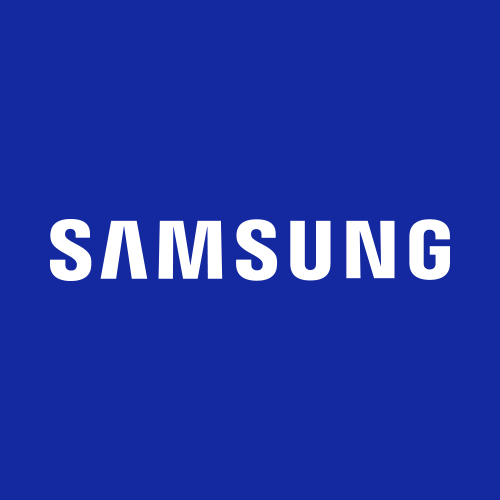Caporegime
- Joined
- 8 Jan 2004
- Posts
- 32,579
- Location
- Rutland
Just picked up a cheap 990 Pro 2TB. Are there still issues or did the firmware update sort it?
Just picked up a cheap 990 Pro 2TB. Are there still issues or did the firmware update sort it?

I think, and don't quote me on this, they're still in the top 3 for reliability and performance it's just that recent events have probably drop them down from first or second place to second or third.i heard the reliability of samsung ssd's as of late are quite terrible which is putting me off from using them for my future upgrade. Is sabrent the best alternative?
I think, and don't quote me on this, they're still in the top 3 for reliability and performance it's just that recent events have probably drop them down from first or second place to second or third.
As mrk says though WRT top end drives you're in the territory of splitting hairs that you probably wouldn't notice outside of benchmarks.
e: Personally I'd say 4k read/write IOPS at single queue depths are the most important metrics for an OS drive, that and latency. Transfer speeds are pretty pointless as you'll typically be bottlenecked by your slower drives, unless you're transferring from two drive to one or working on datasets that are too big to fit in RAM.
Seems manufacturers are so fixed on those big sequential numbers that they forgot to also bump up the random reads and writes.

I'll show you my findings tomorrow, but I am finding the 990 Pro slower in some benchmarks. Perhaps I need a motherboard with gen4 M.2 slots to unlock the full potential.There is no newer driver, and one isn't needed for optimum performance either as the Windows one does the same job. Samsung's own driver just adds support for additional diagnostic features in the Samsung Magician app on drives that support their now old driver.
I've done all the testing with my 970 Evo Plus between MS and Samsung drivers and there's zero difference to performance.
I agree with what you're saying and the 990 Pro is still faster on sequential reads and writes. The number of IOPS on the 990 Pro seems slower though.If you've only got gen 3 then the drives are only going to perform at gen 3 read/write, so typically 3500MB/s read and write is where it maxes out. You won't always get sustained results on each drive or run either, it all comes down to a number of variables, even on gen 4 drive comparisons. If it's just a few hundred MB/s difference, then that's the norm. It's not something you will see in actual difference in real world use, whether gaming or otherwise.
A drive in gen 3 mode will feel just as quick as gen 4 in day to day use as no game or app leverages the full bandwidth of even gen 3 at 3500MB/s, let alone gen 4 or above. Only benchmark tools is where you will see those differences, but they are meaningless for actual real world usage.
After over a month of using my 2TB 990 Pro, my drive is absolutely fine and it's health remains at 100%. It came with the 3B2QJXD7 firmware, which I assume is the latest, as there's been no further updates offered to me.Anyone updated their firmware recently? How's it going?
After over a month of using my 2TB 990 Pro, my drive is absolutely fine and it's health remains at 100%. It came with the 3B2QJXD7 firmware, which I assume is the latest, as there's been no further updates offered to me.

